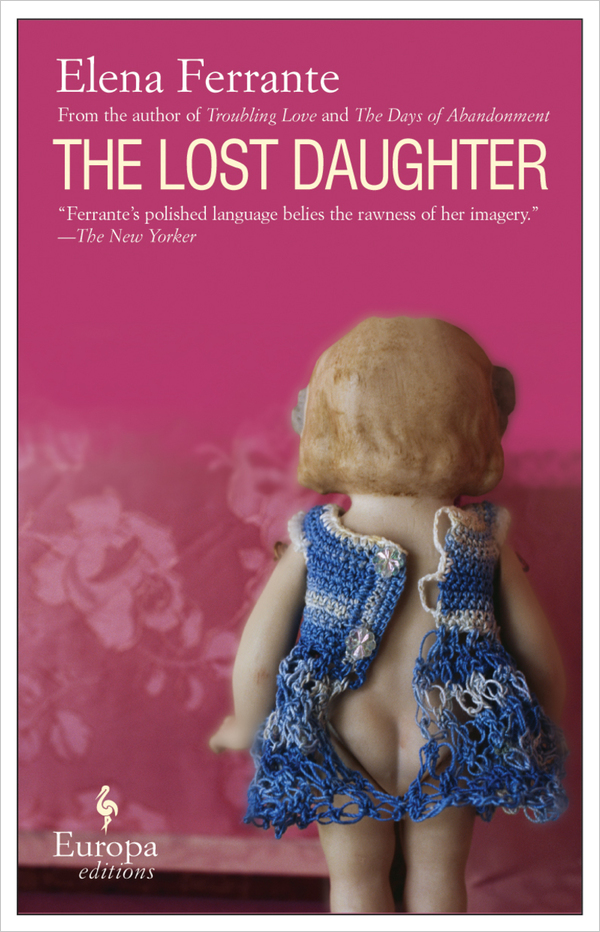Here's a book that I wouldn't ordinarily read, that I had no desire to read, that I had no intention of reading. Not my kind of book, I said. But even while trying to dismiss my coworker's recommendation, I was reminding myself to keep an open mind. How could I judge it if I hadn't read it?
Well, I've read it now.
The Five People You Meet in Heaven, by Mitch Albom, was entirely adequate as a way to kill time: an easy-to-read, serviceable story. Despite this, perhaps because of it, I found it wanting, in three main ways.
1. The cosmology.
For starters, the theology of it, the cosmology, the whole construct of heaven just doesn't work for me. You may say that this is subjective and unfair of me, a nonbeliever, to judge. But I do read a lot of SF, so suspension of disbelief is not really a problem for me. Until the internal logic breaks down.
This is the story of Eddie's life, told after his death, through his interactions with five characters who had a profound effect on his life, or vice versa. These people have a lesson to impart. Why five people? That seems entirely arbitrary. Given that people lead very different lives in quantity and quality, I don't understand how this number could be applied across the board. But it is, it's the rule. What happens if there are twenty-three people clamoring for the right to meet with you? And what if the people best suited to explaining your life to you are still alive?
Once you've met your five people, you in turn get to impart a lesson to someone. This is not that book, but I can't figure out how it works. You pick just one person, to teach them a lesson? How do you choose? By having listened to five lessons, you're now qualified to impart great wisdom to the newly deceased? What happens after that?
One person in heaven, the Blue Man, explains that this is not Eddie's heaven, it's his own heaven. So, heaven is telling someone a lesson about their life? Not hearing it? So is Eddie in heaven, or isn't he? Shouldn't it be "the five people you meet before heaven"?
This heaven is Eddie-centric, but it pretends to be an example of a universal principle. It's a little like It's a Wonderful Life, only imagine a whole choir of angels trying to pass their finals by running all the citizens of Bedford Falls through series of flashbacks and trials of what-ifs at the same time, but that would still work because there's an independent angel-passing body to ensure everything runs smoothly and everyone in Bedford Falls is being processed separately. But what if there were no angels, and all the citizens suddenly had to do 360-degree reviews of each other, but not everybody, just five random, erm, I mean significant people, you can see how the structure begins to break down. What five people would George Bailey meet in heaven?
By taking Eddie's singular story and trying to slot it into a universal schema, his experience begins to lose integrity and sense. Do we all have the same lessons to learn?
The second person Eddie meets, his commanding officer during WWII, tells him, "That's what heaven is. You get to make sense of your yesterdays." In my worldview, my heaven is right now — you get to make sense of your life before you die.
2. The subtlety (or lack thereof).
Eddie meets five people, and they tell him exactly what he's supposed to learn. I prefer lessons that are a bit more nuanced. I am, in fact, generally a smart enough cookie to figure out the moral of the story on my own. Eddie's lessons are all pretty obvious: everyone is interconnected, hatred can eat away at you, love doesn't have to end, blah, blah.
Compare this with, for example, Kate Atkinson, just because I happen to be reading her right now, but she's as fine an example as any. There are easily "lessons" in her books, about interconnectedness, sacrifice, purpose, etc. But she never sits you down to tell you, "Dear stupid reader, here is the lesson you must learn." She explores much the same territory as Albom — how seemingly random acts can hugely impact others — but it is that: an exploration, not a hand-held guided tour.
Maybe heaven is for dumb people. Or heaven is like school. Not sure I want to go. Albom's message is impossible to miss; there are no grey areas in heaven. But in my experience, life and the lessons to be had from it are much more complicated than Albom allows.
3. The details.
The Blue Man was christened Joseph Corvelzchik. Polish. For some reason I thought also Jewish, but I can find no evidence of that now, and then, why
christened. But that name! Completely made up. It's just not plausibly Polish. Even assuming the immigration officials managed to mangle the records, why not simply give the name, the spelling, he was christened with. When transcribing from Cyrillic, for example, one may encounter spelling variations, but Polish uses a Latin alphabet, so it's not reasonable for an initial
K to be transformed into an initial
C (and trust me, a surname starting with
C-
o would be odd). But it's the
l and the
z — it's a phonetically unnatural combination. This surname reflects someone's mistaken idea of what Polish looks like. And it reflects poorly on the author and the editorial staff that it was not questioned.
Am I petty to harp on this detail? Perhaps. But when one detail is wrong, it gives cause to doubt the credibility of the rest of the experiences, whether in WWII Philippines or a mid-century fairground
God is in the details. Or the devil is. Take your pick.
I didn't hate it.
It's mostly a sweet story about a mostly sweet man. It's not a demanding book. It's less sappy than I expected it to be. But I want my books to be more.







